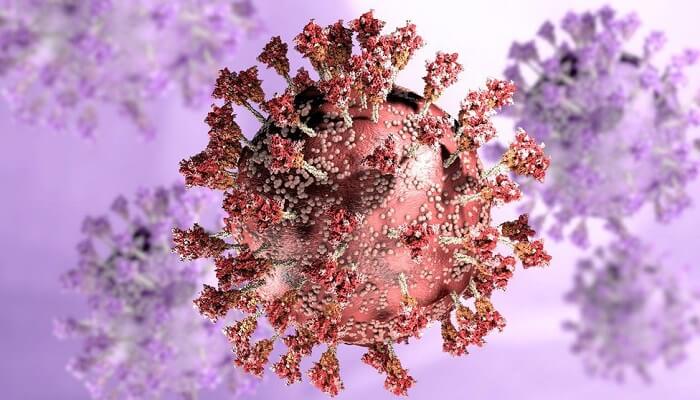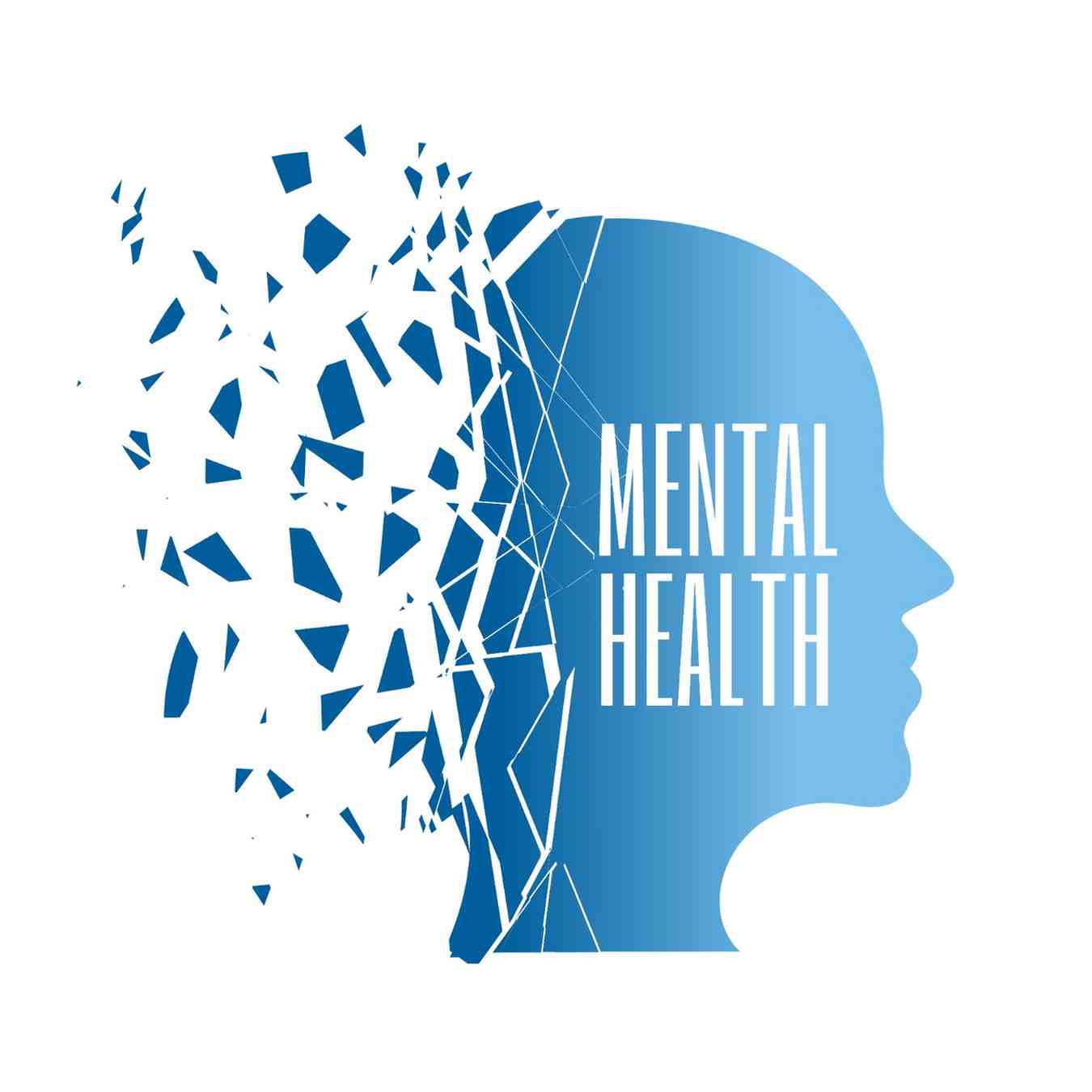Biotechnology has long been the hot and dangerous core of medical innovation, but 2025 is starting to look like it could be an especially wild year. Researchers and companies elsewhere are making discoveries, moving as fast from the lab into actual treatments for people who need to be saved. Biotech is challenging old assumptions of what's possible in healthcare, from gene editing to more innovative vaccines.
Why Biotech Matters
Biotechnology is the science of using living things like cells, bacteria or DNA to make valuable products. Medicine would entail finding new drugs, treatments and diagnostic tools. Unlike with most traditional drugs, many biotech solutions act by attacking diseases at the genetic or cellular level, which can lead to more precision and efficiency.
Several of these advances are beginning to leave the lab and show up in hospitals, clinics and even people's homes in 2025. These breakthroughs also promise to prevent diseases more innovatively, not just cure them.
Gene Editing for Rare Diseases
Among the most encouraging advances in 2025 is the movement toward gene-editing treatments. Methods such as CRISPR are employed to correct genetic mutations resulting in rare inherited diseases. For patients with conditions without previous treatment, gene editing is the only hope for a permanent cure.
For example, trials yield promising results in treating blood disorders like sickle cell disease and beta-thalassemia. Rather than just treating symptoms for life, patients might be permanently "cured" with a one-time treatment that repairs the problem at its biologic roots.
mRNA Technology Beyond COVID-19
The pandemic showed that if the direction and pace of financing could be reversed quickly enough and put behind an idea, we'd have one helluva race. In 2025, experts are deploying mRNA to combat other diseases.
New mRNA vaccines for the flu, RSV (respiratory syncytial virus), and even some cancers are being developed. Scientists are also investigating using mRNA therapies to deliver proteins the body needs, but cannot make itself because its genes are mutated. This could produce safer and more versatile treatments than traditional drugs.
Personalised Cancer Treatments
Next-generation cancer care is on the way. Biotech allows doctors to examine a patient's tumour at the genetic level and develop drugs explicitly tailored for them. Such customised treatments are more powerful and frequently have fewer side effects than standard chemotherapy.
It's 2025, and immunotherapy — which harnesses the body's defences to battle cancer — is available to all. More patients, in other words, can receive lifesaving treatment tailored to their disease.
Advances in Regenerative Medicine
Biotech also enables the body to heal itself. In 2025, scientists have advanced regenerative medicine — based on stem cells and tissue engineering — to heal diseased or damaged organs.
It could change the way that we treat conditions like heart disease, spinal injuries and organ failure. In 20 years, instead of needing a donor organ, patients might be able to receive lab-grown tissues tailor-made for their bodies.
AI and Biotech Working Together
AI is hastening biotech breakthroughs. AI can crunch vast amounts of genetic and clinical data in minutes, speeds that help researchers identify new drugs more quickly. By 2025, AI-powered biotech will be applied to protein design, disease understanding, and testing thousands of treatment options in a fraction of the time.
This convergence of AI with biotech allows new treatments to get to patients more quickly.
Looking Ahead
The biotech breakthroughs shown for 2025 illustrate how science is transitioning to reality and lifesaving treatments are available to everyone, everywhere. Gene editing, mRNA therapy, personalised care, biology, regenerative medicine and AI-driven research are no longer futuristic abstractions—they're happening.
Of course, there are challenges — cost and access and ethical arguments- but it's undeniable: biotech is revolutionising care. Today's discoveries are building a future where diseases that once seemed incurable may be treated — or even cured.
Never has the gap between lab and lifesaving treatment been more thrilling.
-black.png)










